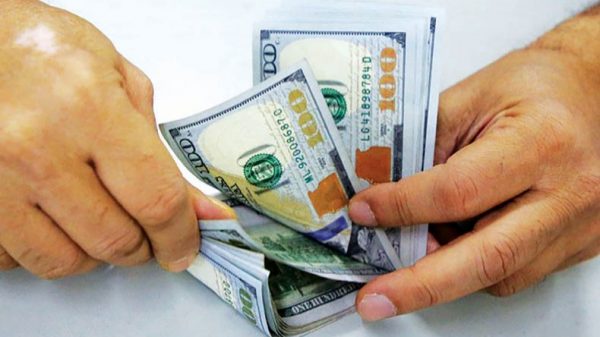Import restrictions bring no major let-up

Shawdesh Desk:
Import restrictions on luxury items and other policies implemented by the government during the past two years have failed to tackle the dollar shortage and ease the economic crisis.
The Bangladesh Bank has imposed a series of import restrictions since April 2022 amid the shortage of foreign currency and high inflation, including a 100 per cent margin against the import of luxurious and non-essential items such as sedan cars, sports utility vehicles, and multi-purpose vehicles.
It also brought several other items, including gold and gold ornaments, precious metals, pearls, ready-made garments, leather goods, cosmetics, furniture, decorative items, fruits and flowers, non-cereal food, processed food and drinks, and alcoholic drinks under 100 per cent cash LC margin.
While the measures have reduced the overall import over the past two years, the shortage of dollars in banking channels due to spending in the energy sector, exchange rate misalignment, capital flight, and low levels of foreign direct investment led businesses to face difficulties in importing the necessary inputs.
Many banks with negative balances in foreign currency holdings have been struggling to make their import payments against the letters of credit they have issued.
The crisis has prompted even many banks to refuse the LC opening, although BB has provided around $26 billion to banks since FY 22 from foreign exchange reserves.
Such a phenomenon indicates that the severe dollar shortage has hampered the import of essential goods imperative for economic growth, said former World Bank Dhaka office chief economist Zahid Hussain.
He said that economic growth would slow down and the generation of jobs would continue to decline if the trend continued.
The country’s overall import payment stood at $69.49 billion in FY23, up from $75.4 billion in FY22. Besides, the country’s imports dropped by 18.19 per cent to $33.68 billion in the first half of FY24 compared to the same period of FY23.
The BB update on imports in the first eight months of FY24 showed that capital goods imports declined by 21.6 per cent compared to the same period of FY23.
During the same period, the import of petroleum-based intermediate goods declined by 10.1 per cent and chemical-based intermediate goods by 21.3 per cent.
The unavailability of key raw materials and capital goods coupled with shortages in the supply of gas and electricity led to a moderation in industrial growth from 9.9 per cent in FY22 to 8.4 per cent in FY23.
In the first six months of FY24, the index of industrial production contracted 3.7 per cent year-on-year owing to a decline in manufacturing of a wide range of products, including textiles, pharmaceuticals, motor vehicles, and transport equipment, according to an update on Bangladesh by WB on Tuesday.
Import compression will hit exports in the coming days, said Policy Research Institute executive director Ahsan H Mansur.
He noted that exports accounted for more than 60 per cent of the country’s overall annual foreign currency income.
Weak demand and import compression measures resulted in an 8.6 per cent contraction in consumer goods imports in FY23, and a further 17.3 per cent decline in the first seven months of FY24.
Mansur said that weak private consumption contributed to slower growth in services, an important sector for the country’s overall economic growth.
The government was also borrowing from the International Monetary Fund under a $4.7 billion loan programme to overcome the shortage of dollars that pulled down forex reserves to around $20 billion from $48 billion in August 2021.
Finance ministry officials said that the less-than-expected improvement of the economic crisis, characterised by a decade of high inflation, low revenue income, and a dollar shortage, was going to affect the national budget for the upcoming financial year.
They said that a meeting of the coordination council headed by the finance minister on the budget, resources, and macro-economy was held Thursday to fix the outline of the next year’s annual budget and overall economic growth.
According to the meeting sources, the overall budget for the next financial year will likely be Tk 7,97,000 crore, only 4.6 per cent higher than the Tk 7,61,785 crore outlay of the outgoing financial year.
The annual development programme in FY25 would likely be fixed at Tk 2,6500 crore, only slightly higher than Tk 2,63,000 crore in outgoing FY24.
The growth in gross domestic product is likely to be fixed at 6.75 per cent, according to finance ministry officials.
The WB, in its latest update on Bangladesh, however, projected that the country’s GDP growth would be around 5.7 per cent in FY25 because of high inflation, import restrictions, and financial sector vulnerabilities.























Leave a Reply